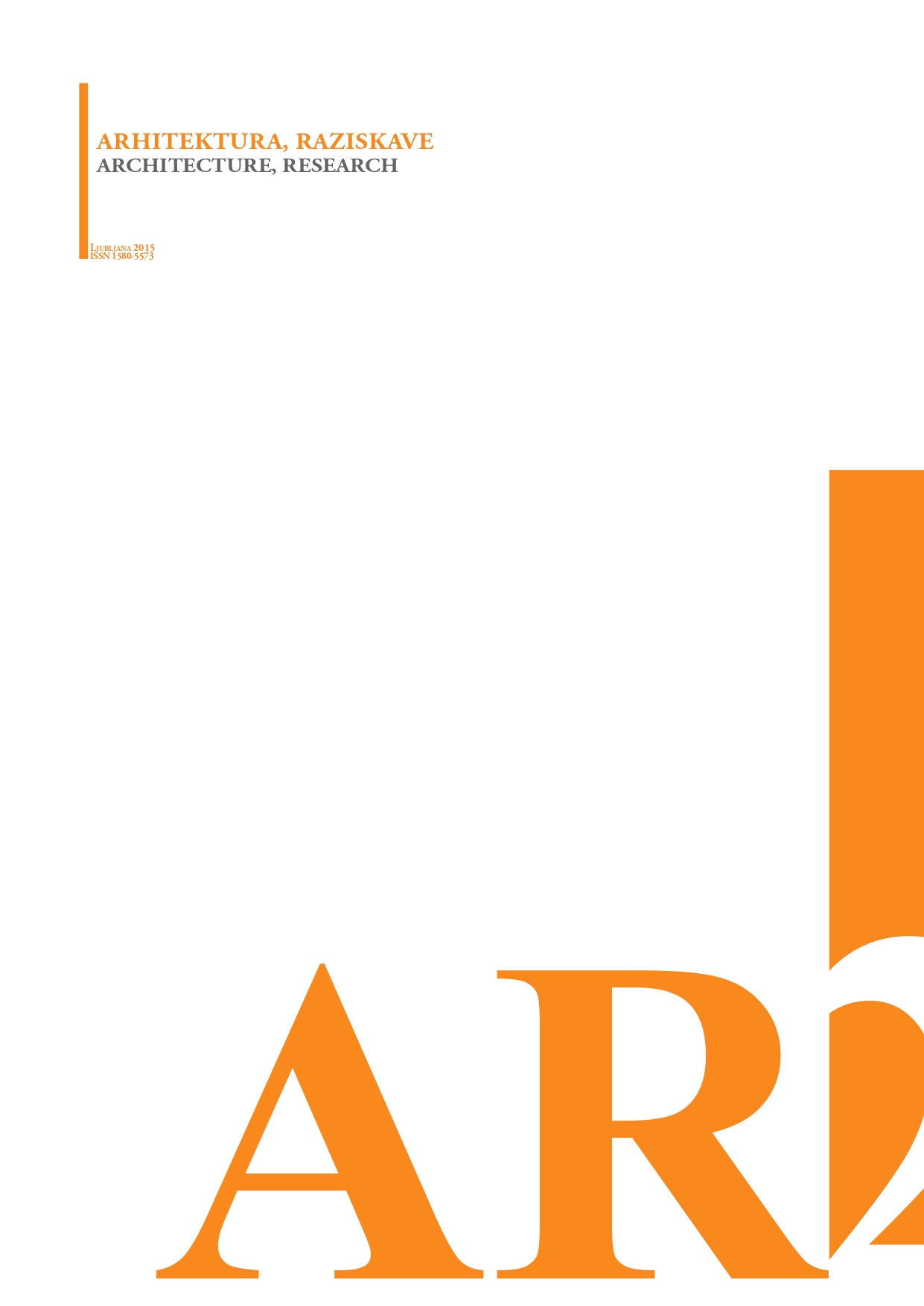NOVI PEKING IN SIJAJNEJŠI ŠANGHAJ – VIZIJA JAVNEGA PROSTORA V TREH KONTEKSTIH
NEW BEIJING AND GREATER SHANGHAI - VISION OF PUBLIC SPACE IN THREE CONTEXT
Author(s): Špela HudnikSubject(s): Politics, Rural and urban sociology, Sociology of Culture
Published by: Fakulteta za arhitekturo, Univerza v Ljubljani
Keywords: Chinese cities; public space; hiperurbanization; Chinese society; Chinese culture;
Summary/Abstract: The large scale of the modern Chinese cities is the result of radical hiperurbanization and political reforms in the last 60 years. They systematically destroyed small-scale image of Chinese cities and changed the values of Chinese society. This article introduces the impact of two crucial political turning points of Mao Zedong and Deng Xiaoping, on the development of today's Chinese society, on the image of modern Chinese cities and on the definition of public space. The vision of the city parts New Beijing and Greater Shanghai in the context of socialism, economy and society represents continuum of development of Chinese society. Hiperurbanization of Chinese cities opens a critical discourse through film, art, sociology, politics, spatial theory and philosophy. It is about the consequences of the development model of the global cities and the role of public space placed in a specific political environment as well as about the role of the individual in contemporary Chinese society, which requires urgent social reform.
Journal: AR Arhitektura, raziskave
- Issue Year: 2015
- Issue No: 2
- Page Range: 24-29
- Page Count: 6
- Language: Slovenian

